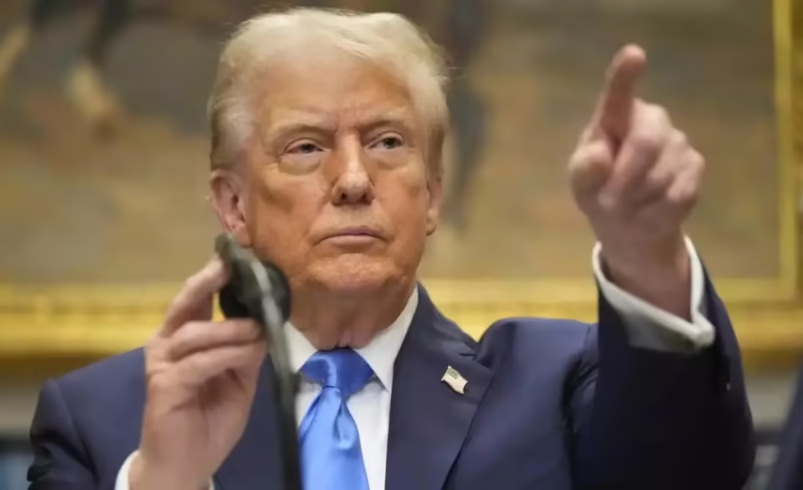Lawmakers press Trump to rebuild India ties amid tariff tensions
- October 8, 2025
- 0

A group of US lawmakers has appealed to President Donald Trump to reconsider tariffs imposed on Indian goods, cautioning that the trade measures have strained relations between Washington and New Delhi. They warned that the ongoing dispute risks driving India closer to China and Russia, potentially undermining strategic cooperation in the Indo-Pacific region.
In their letter, the lawmakers expressed concern that the tariffs have weakened a vital partnership built over decades. They argued that India’s growing alignment with other global powers could alter the regional balance, particularly in light of shared interests in maintaining stability across the Indo-Pacific. The message emphasized that continued economic friction may erode trust between two democracies long viewed as natural allies.
The lawmakers highlighted how tariffs not only affect diplomatic ties but also carry domestic economic consequences. They noted that higher import duties increase costs for American manufacturers who rely on Indian components and materials. These expenses, they warned, ultimately reach consumers through elevated prices on everyday products. The letter underscored that such policies could stifle innovation and competitiveness within key sectors of the US economy.
India’s position as a major player in the Indo-Pacific was central to the lawmakers’ argument. They described New Delhi as an indispensable partner in promoting security, open trade routes, and regional cooperation. By maintaining strong economic engagement with India, they suggested, the United States can reinforce its broader strategic goals while countering growing influence from rival nations in Asia.
The appeal urged President Trump to restore trade privileges and reopen dialogue aimed at rebuilding mutual confidence. Lawmakers pointed out that both countries benefit from collaboration across technology, defense, and energy sectors—areas where joint ventures have historically driven growth and innovation. They proposed that renewed negotiations could help remove barriers while ensuring fair market access for businesses on both sides.
While acknowledging differences over trade policies, the lawmakers maintained optimism about repairing relations through constructive engagement. They emphasized diplomacy as a means to resolve disputes without compromising national interests or economic stability. Their message reflected a broader recognition within Washington of India’s importance as a partner capable of shaping future global dynamics alongside the United States.
In conclusion, the letter from US lawmakers represents a call for recalibration rather than confrontation. By urging an end to punitive tariffs and advocating renewed cooperation with India, they aim to preserve a partnership vital for both nations’ prosperity and security. The appeal underscores how economic policy decisions can ripple far beyond commerce—affecting alliances, innovation, and geopolitical balance across one of the world’s most dynamic regions.